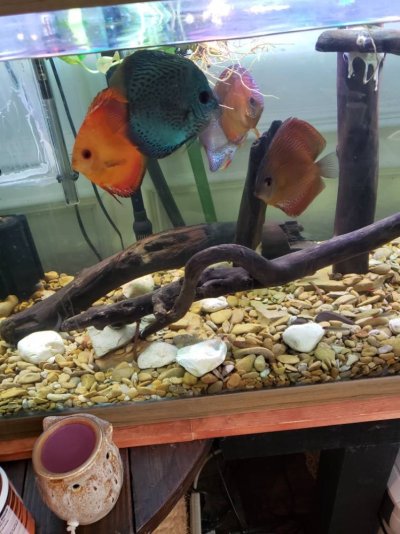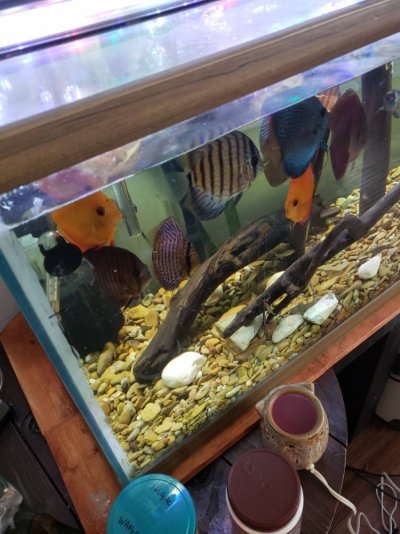I have seen posts on here advocating for a 50% change every week of tank water once it's established. I have been reading many other posts on different forums and that amount seems extremely high compared to other suggestions. So what is the actual amount you should be replacing each week? I have seen testing for nitrates as the deciding factor, or only a 10-15% change a week. So much info and it's all contradictory. I have even seen 50% once a month. I don't know where to begin. I am currently doing an IN-FISH cycle and I am on day 5. I don't want to kill these fish and it seems the best way to do that is to change 50% of the water twice a week as suggested on here. We have a bio-filter, air bubbler, and a heater for the fish, as well as adequate lighting.
Please HELP!
Please HELP!


